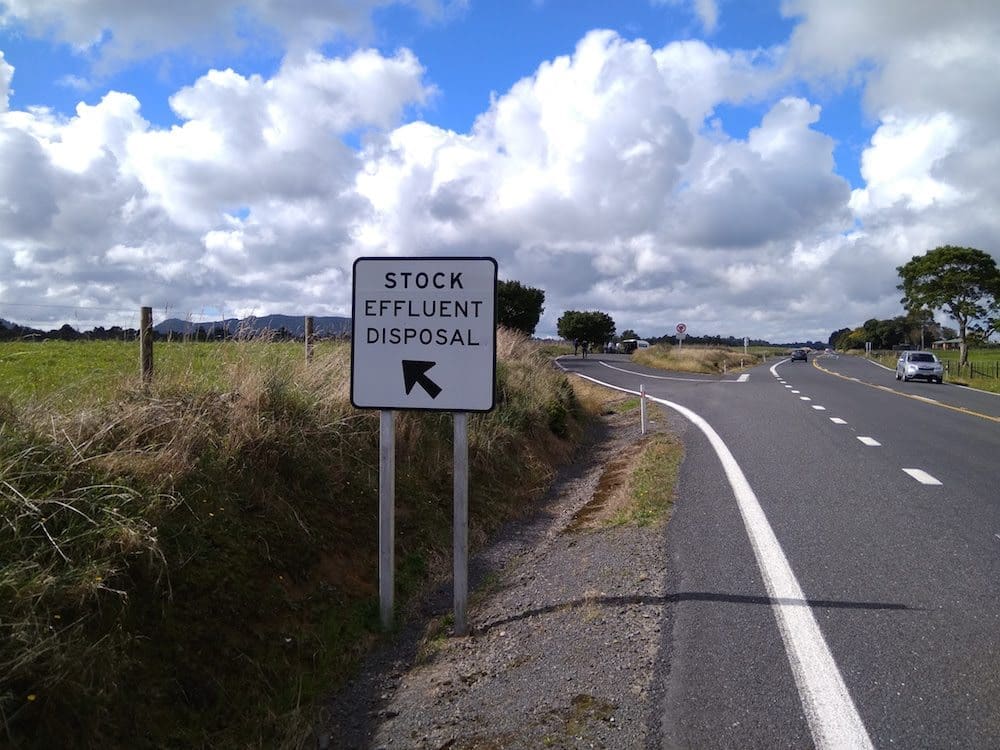THE Australian Livestock and Rural Transporter’s Association will host a workshop in Canberra on March 28 to progress the development of a Registered Industry Code of Practice (RICP) for managing effluent in the livestock supply chain.
The project has been funded by the National Heavy Vehicle Regulator’s Heavy Vehicle Safety Initiative and will link with the already published master code.
ALRTA National President Stephen Marley said that the workshop is an important step in establishing a registered code.
“Management of livestock effluent on public roadways is important for protecting road safety, animal welfare, biosecurity, amenity, environment and business interests,” said President Marley.
“For example, livestock effluent is a primary vector for the spread of damaging pests and diseases such as parthenium, giant rats tail grass and foot and mouth disease. An Australian FMD outbreak is estimated to cost more than $50b”.
“Last year, ALRTA consulted with hundreds of member operators at our annual conferences across six states and it is now time to consult with other parties in the livestock supply chain.”
“The primary focus of the RICP workshop will be to identify risks and controls that influence effluent loss from a heavy vehicle in transit,” he said.
NHVR CEO Sal Petroccitto said that industry codes can assist in identifying effluent control measures that are reasonably practicable.
“An RICP establishes standards and procedures for parties in the chain of responsibility to identify, analyse, evaluate and mitigate general risks associated with meeting obligations under the HVNL,” said Mr Petroccitto.
Related article: Effluent spills on city streets no joke for cattle industry
“When an individual, group or corporation adopts an RICP, they are proactively addressing their chain of responsibility obligations under the HVNL and creating the standards under which their risk management process should operate.”
“I understand that management of effluent in the livestock supply chain has been a difficult issue for many years. With the introduction of chain of responsibility primary duties on 1 October 2018 it is timely for industry to consider the extent to which each party can influence the risk of effluent loss from heavy vehicles on public roads, and importantly, identify practical controls that can minimise this risk,” he said.
Following the workshop, ALRTA will invite stakeholders to participate in an ongoing consultative process to further assist in RICP development.
ALRTA says it will shortly issue invitations to stakeholders from across the livestock supply chain.


